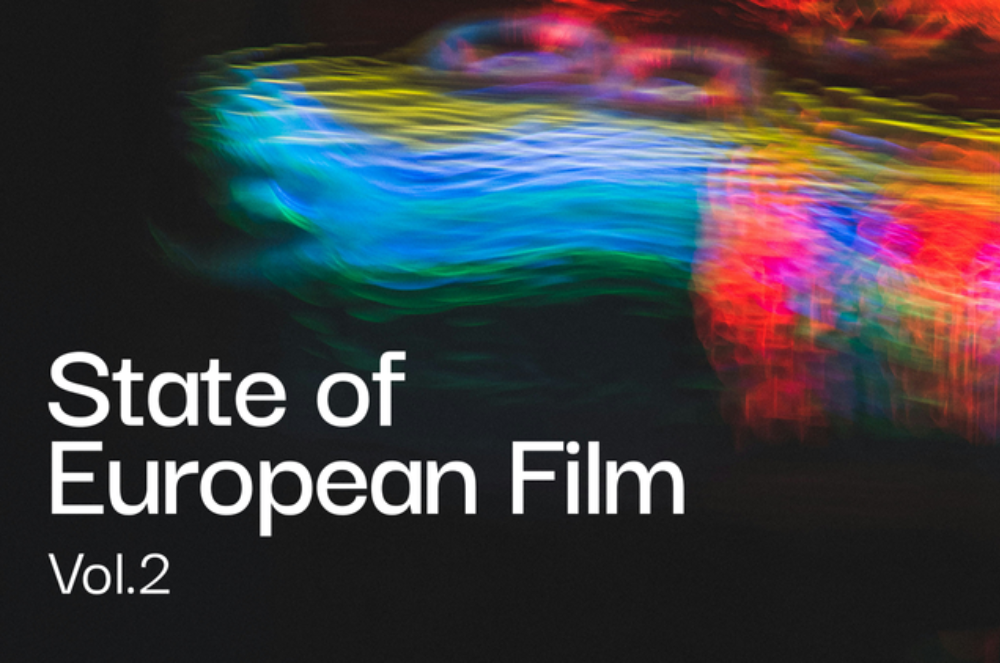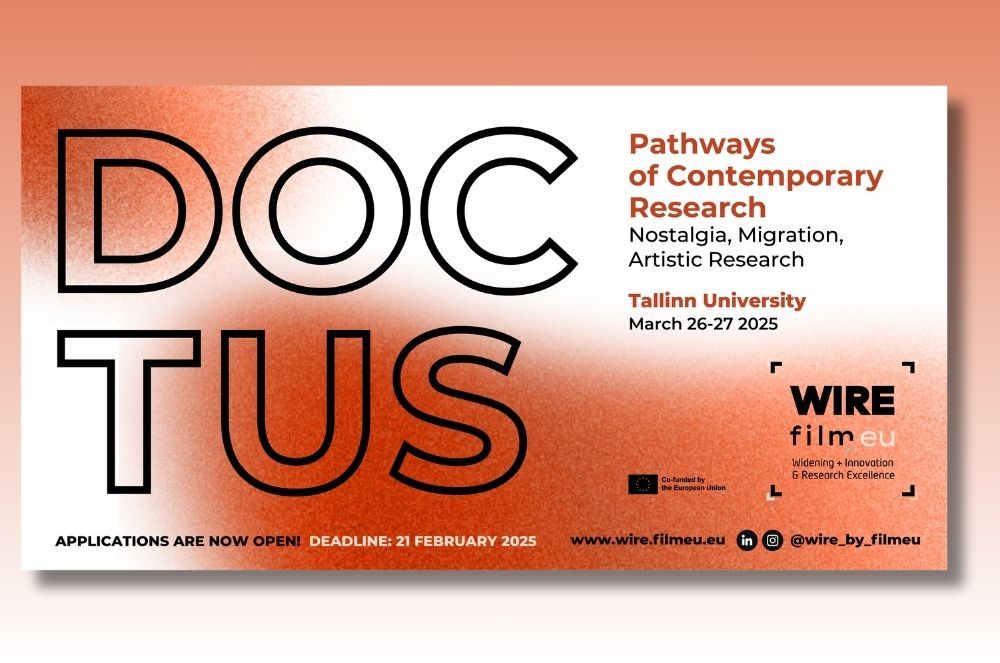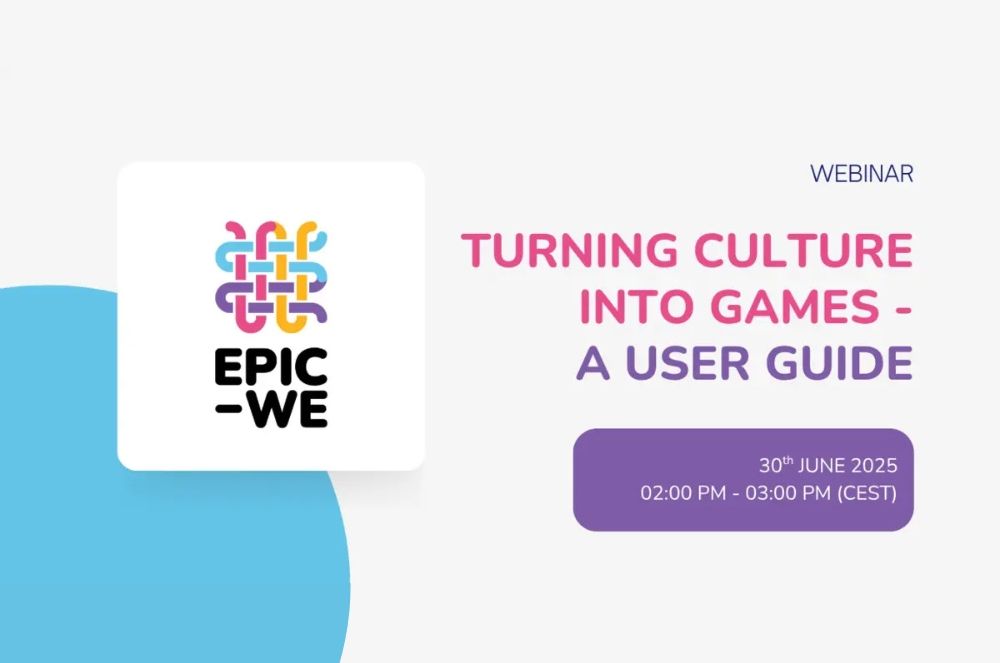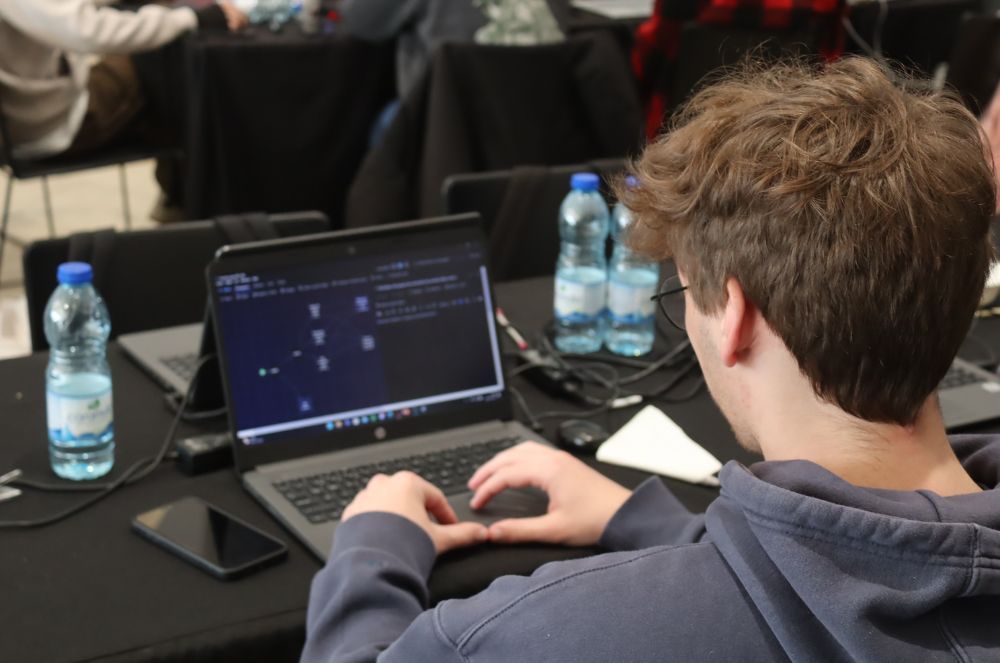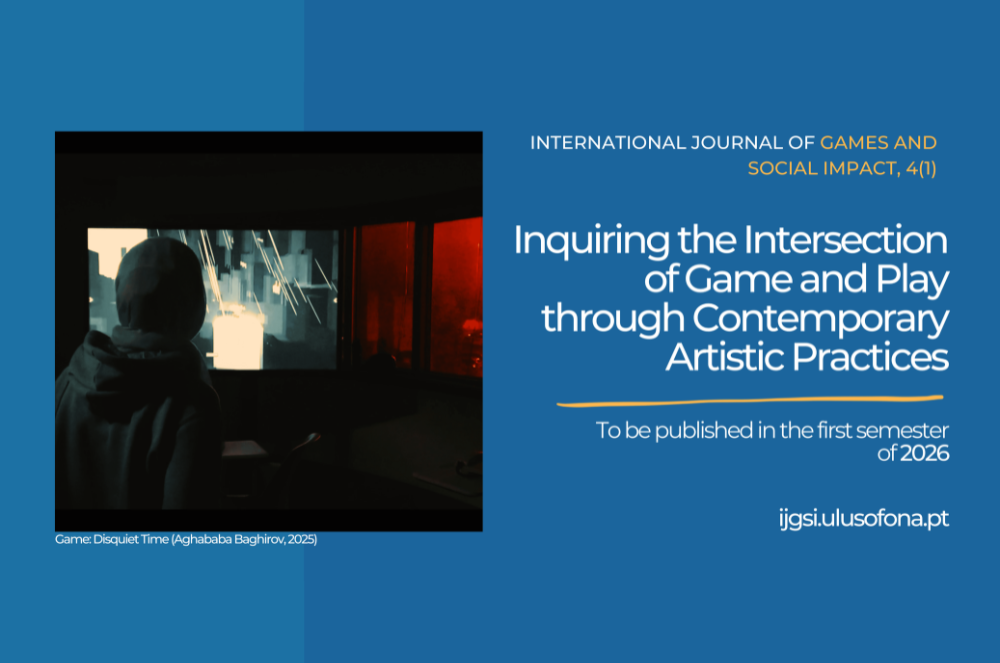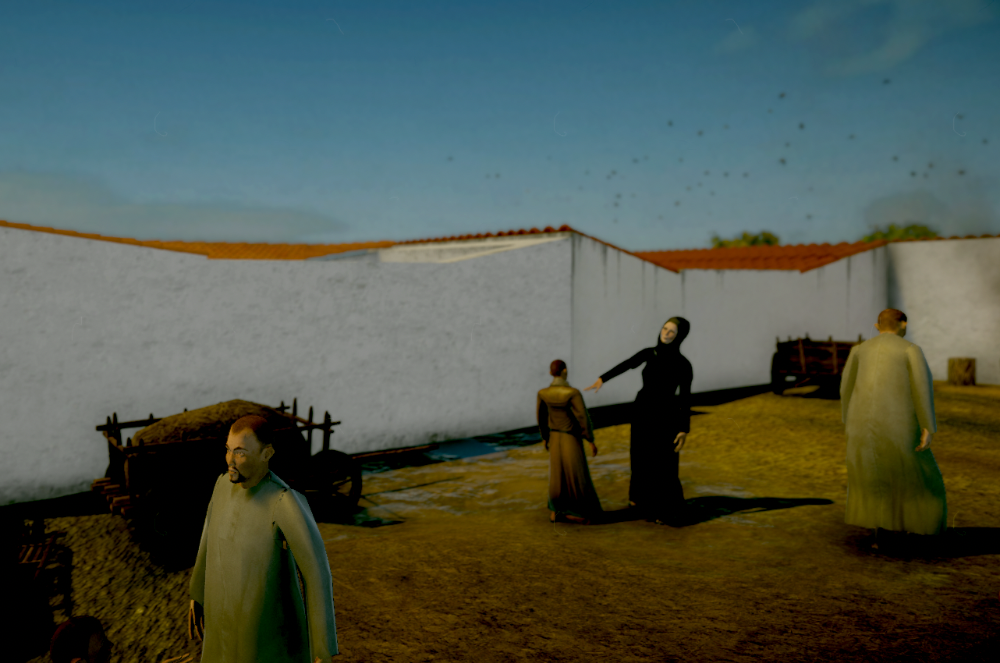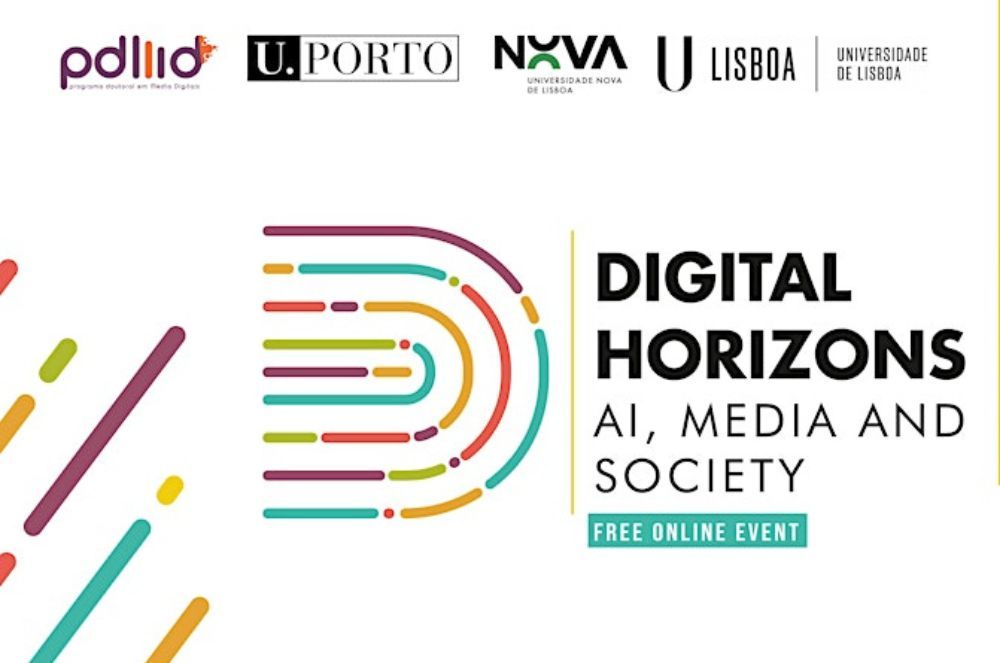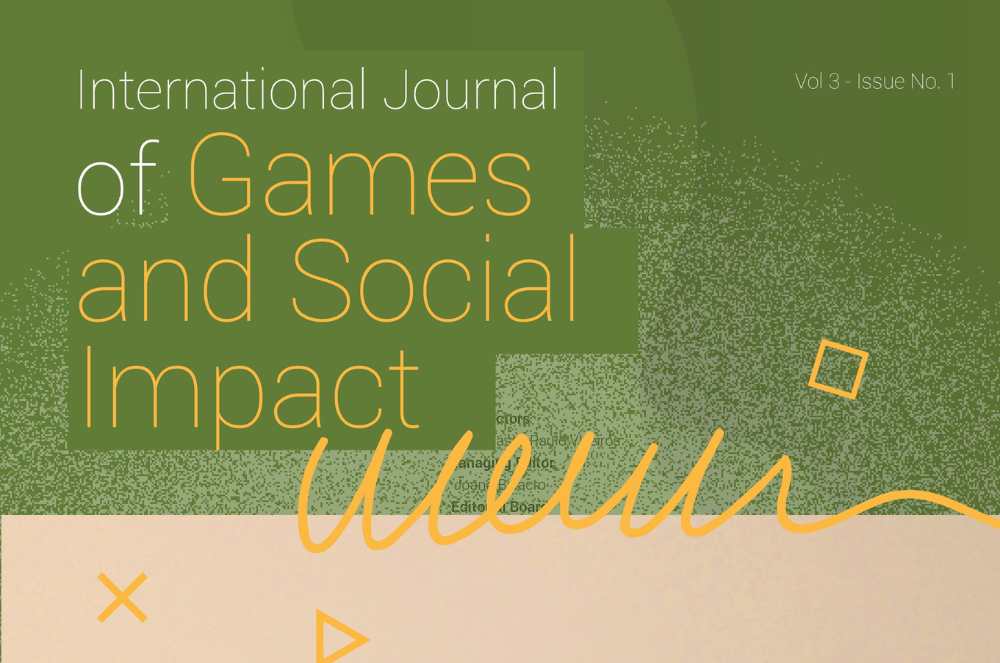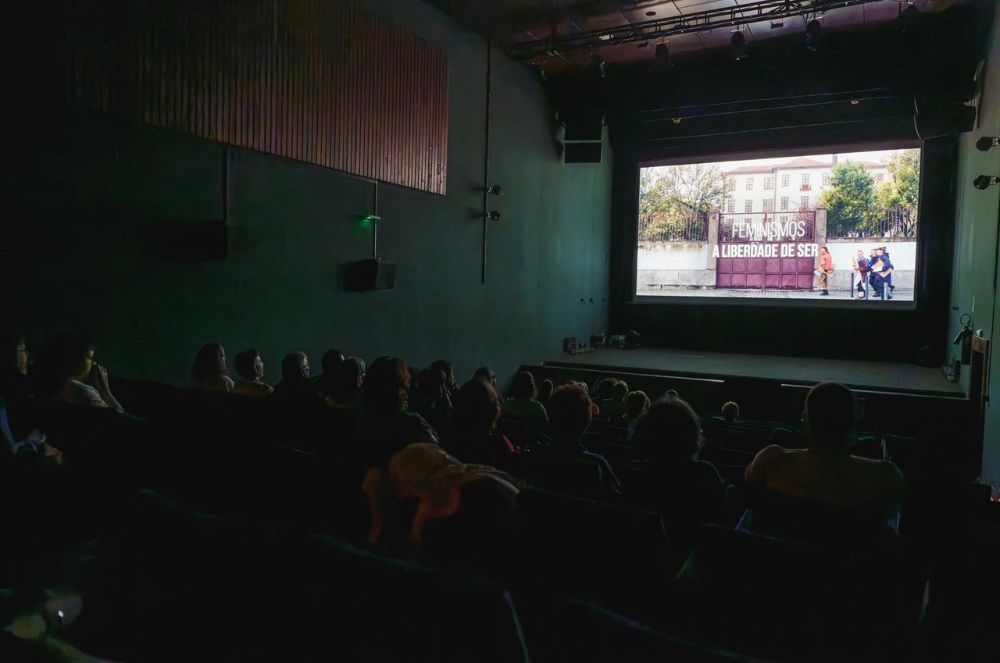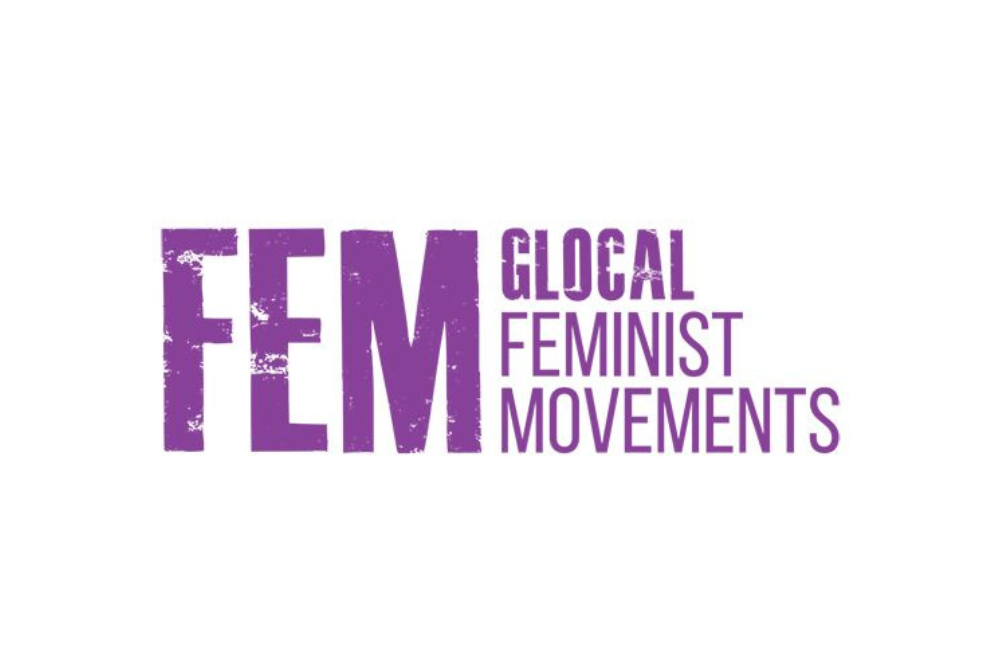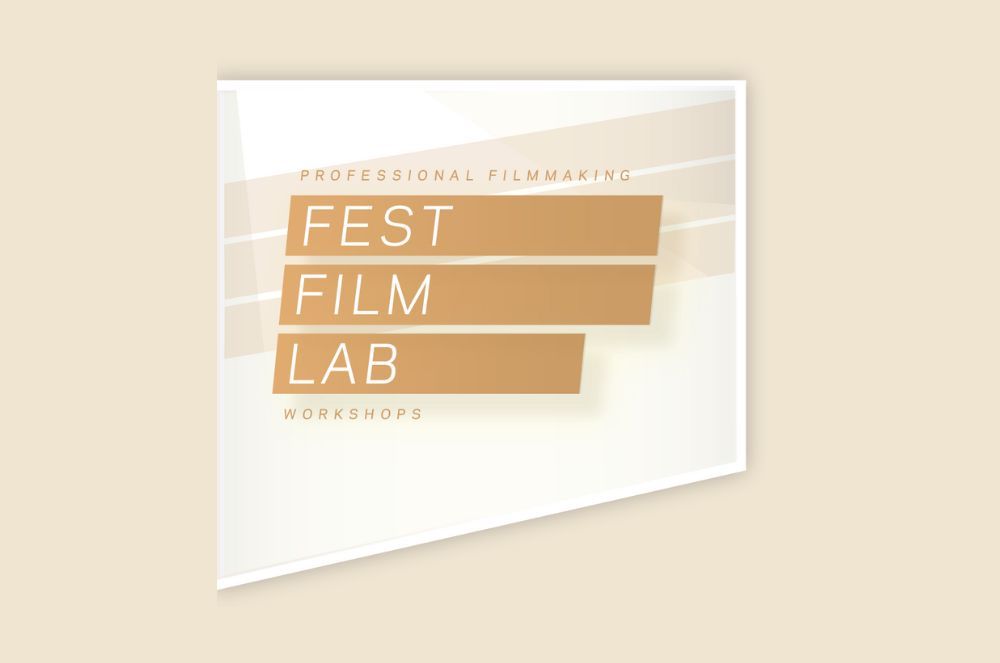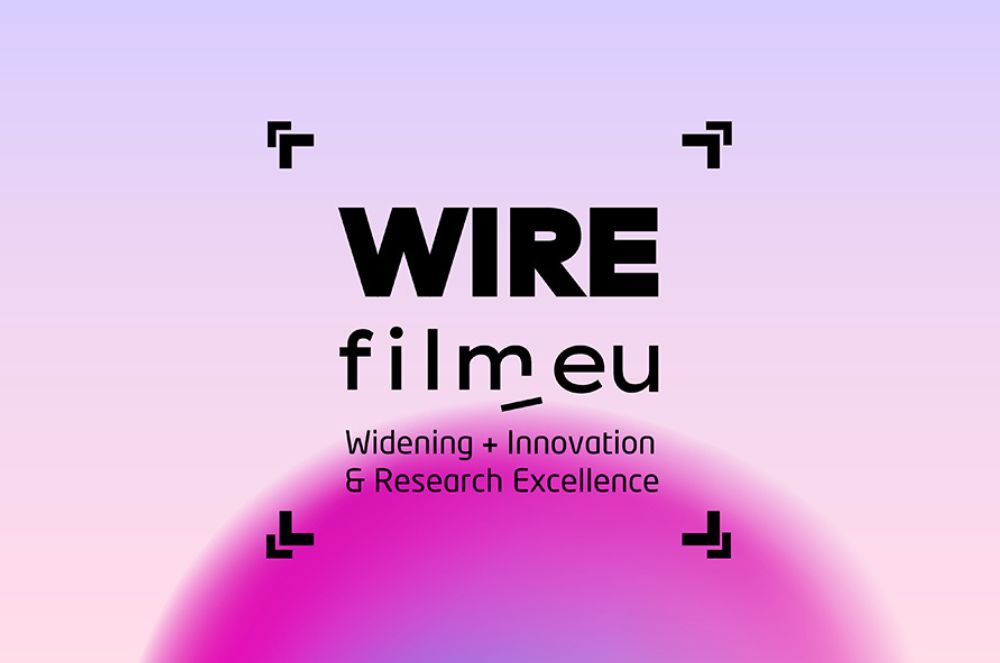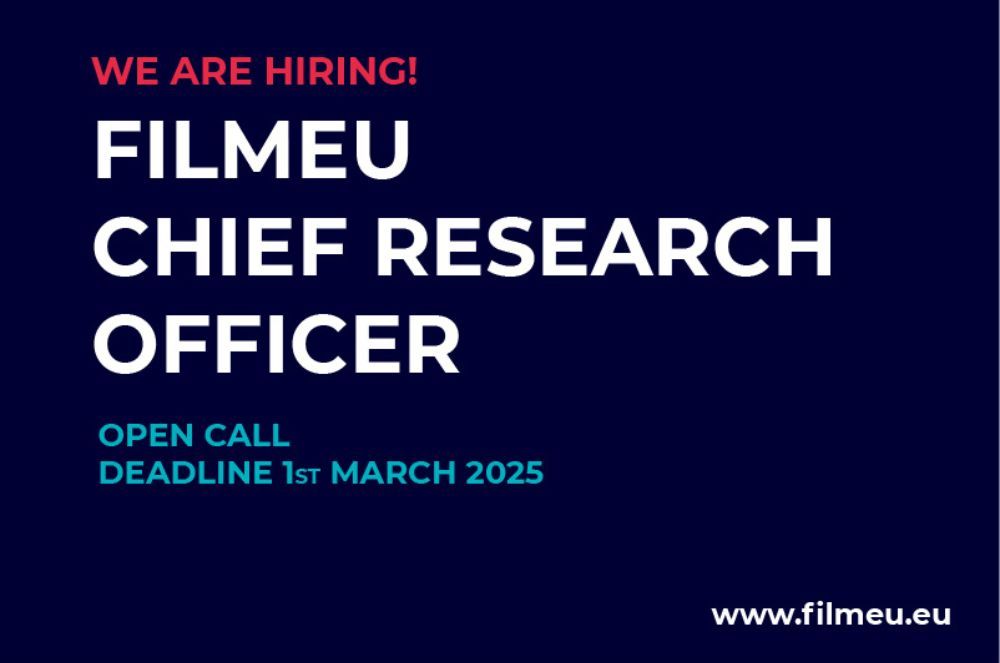ODS 12 Produção e Consumo Sustentáveis
CresCine Launches “State of European Film: Volume 2 – 2025” at the Cannes Film Festival
On 19 May 2025, the CresCine project launched the second volume of its flagship report, State of European Film: Volume 2 – 2025, during the Marché du Film at the Cannes Film Festival. The public presentation, entitled “CresCine’s 360-Degree Overview of the State of European Film: Volume 2”, took place from 11:30 to 12:30 on the Main Stage, and was open to accredited badge holders.
This new edition builds on the insights of the first volume, offering a detailed and data-driven panorama of the current landscape of European cinema. It reflects CresCine’s commitment to supporting the growth, diversity, and resilience of the European audiovisual sector, with a particular focus on small film markets and emerging industry trends.
Report Highlights
- Strategic analysis of small European film markets, including Portugal, Estonia, Lithuania, Croatia, Denmark, Ireland, and Flanders;
- Examination of innovative funding mechanisms and policy frameworks to support the sector;
- In-depth discussion on the integration of artificial intelligence in film production and distribution;
- Updated data and comparative insights on audience behaviour, circulation challenges, and market performance;
- Recommendations for strengthening cultural diversity and industry competitiveness at the European level.
The report is available for public consultation in digital format and can be accessed via the official CresCine platform.
Further updates and reflections on the report’s findings will be made available through CICANT’s ongoing dissemination efforts.
CresCine Returns to Cannes: Shaping the Future of European Cinema
From 15 to 19 May 2025, CICANT and its partners from CresCine project will bring bold ideas and forward-looking research to the heart of the film industry: the Marché du Film at the Cannes Film Festival.
As part of Cannes Next 2025, CresCine – an initiative funded by Horizon Europe – will present cutting-edge insights into the future of European cinema, with a special focus on sustainability, innovative financing models, and AI-driven production strategies. The programme is designed to equip filmmakers, producers, and decision-makers with the knowledge and practical tools needed to succeed in today’s fast-changing audiovisual landscape.
This year’s Cannes programme showcases CresCine’s commitment to fostering a thriving, diverse, and resilient screen ecosystem through collaborative research and innovation. The initiative is the result of a dynamic consortium that includes leading academic institutions (such as CICANT), industry organisations like the European Film Academy, and prestigious festivals including the Tallinn Black Nights Film Festival.
Here’s what to expect from CresCine at Cannes 2025:
15 May | CresCine at the Producers Network + Green Toolbox Roundtable & Cocktail
Location: Producers Club, Riviera, Palais des Festivals | By invitation only
CresCine kicks off its Cannes 2025 presence with a full day at the Producers Network, in partnership with Filmby Aarhus. The day includes:
- Participation in Producers Network meetings
- The Green Toolbox Roundtable, a closed-door discussion on sustainable filmmaking practices
- A Cocktail Reception that brings together like-minded professionals focused on innovation and environmental responsibility in film production.
17 May | CresCine’s Deep Dive into the Future of Film & Content Financing
Time: 10:00–12:00
Location: The Viewpoint, Riviera, Palais des Festivals
Access: Open to Marché du Film badge holders
Discover alternative financing models and forward-thinking strategies shaping the audiovisual sector. This session explores how producers and investors can collaborate across new funding pathways in a changing market.
18 May | Empowering Independent Producers with AI & Innovation
Time: 15:00–16:00
Location: The Viewpoint, Riviera, Palais des Festivals
Access: Open to Marché du Film badge holders
This hands-on session will present cases, tools, and expert tips from CresCine’s Producers Club, showing how AI and innovation can be effectively used to support the creative process and streamline production workflows.
19 May | CresCine’s 360° Overview of the State of European Film: Volume 2
Time: 11:30–12:30
Location: Main Stage, Palais des Festivals
Access: Open to all Marché du Film badge holders
A comprehensive presentation of the most up-to-date research on European film production, distribution, and audiences. Volume 2 of CresCine’s industry overview brings fresh data, analysis, and reflections on the current state of cinema in Europe.
19 May | Near Future Retreat #13 – Think. Vision. Action.
Time: 09:00–11:30
Location: Innovation Village | By invitation only
A high-level, future-focused retreat with thought leaders and changemakers discussing actionable guidelines and visionary strategies to help future-proof the European audiovisual sector.
Stay tuned for more updates and learn more about CresCine.
DOCTUS Workshop Series: Theory Meets Creative Practice
The DOCTUS workshop series are an initiative designed to equip PhD candidates with transferable skills for applying theory to cultural texts (films, TV series, etc.) while learning from film professionals and artistic researchers.
The first workshop takes place at Tallinn University, Estonia, on March 26–27, 2025, with future sessions in Bratislava (May) and Sofia (June). This two-day event focuses on nostalgia and migration, but all topics are welcome—the key goal is networking and combining theory with practice.
What to Expect
✅ Talks, workshops, and film screenings
✅ Study visits and networking events
✅ A platform to refine your PhD project
This series also supports applications for the Novus artistic grant and the 2026 ARE – Artistic Research Exhibition.
Who Can Apply?
PhD candidates from Lusófona University, IADT, LUCA, Tallinn University, LMTA, NATFA, VŠMU, VIA University College, and beyond. Research master’s students are also encouraged to apply.
📍 Where? Tallinn University, Estonia
📅 When? 26–27 March 2025
📌 Deadline: 21 February 2025 | Results by: 25 February
📩 Contact:
Don't miss this chance to develop your expertise and connect with fellow researchers!
Documentary by CICANT researcher Jacinto Godinho among finalists for the Gabo 2025 Prize
The documentary Os Olhos da Revolução (The Eyes of the Revolution), co-directed by Jacinto Godinho, CICANT researcher and associated Professor at ECATI – Lusófona University - Lisbon University Centre, and Carlos Oliveira, has been selected as one of the 15 finalists for the Gabo Prize 2025, the only Portuguese production to achieve this distinction.
Recognised as one of the most prestigious journalism awards in the Ibero-American world, the Gabo Prize is promoted by the Gabo Foundation, established by Nobel Prize-winning author Gabriel García Márquez. The award honours excellence, innovation, and a strong public interest mission in journalism across Portuguese- and Spanish-speaking countries.
The inclusion of Os Olhos da Revolução among this year's finalists reflects the documentary’s impactful storytelling and relevance in revisiting and reinterpreting historical memory through a journalistic lens.
The awards ceremony will take place in Bogotá, Colombia, from 24 to 27 July 2025, during the Gabo Festival 2025, a major event celebrating outstanding journalism, literature, and cultural thought in the region.
View the full list of finalists here: https://premioggm.org/trabajos/edicion/2025/finalistas
Elsinore welcomes NewsArcade's Youth Forum on Defining News Values
As part of the NewsArcade@Classroom project, CICANT will take part in the Youth Forum on Defining News Values, happening on 13 June 2025 in Elsinore, Denmark.
This international forum brings together 100 young people (aged 18–25) from across Europe to collaboratively define what makes news meaningful for younger audiences today. Through dynamic workshops and interactive sessions, participants will help shape the news values that will inform innovative media literacy tools and educational formats.
While registration is now closed, this initiative marks a key milestone in the NewsArcade@Classroom project’s mission to engage youth in reimagining the role of news in democratic societies.
Take a look at last year’s edition.
Stay tuned for updates and outcomes from the forum!
EPIC-WE organizes webinar on Cultural Game Jams and Youth Engagement
On June 30 at 14:00 (CET), the EPIC-WE project will host the webinar "Turning Culture into Games: A User Guide," showcasing how cultural game jams are transforming the way young people connect with local heritage. This online event will highlight games developed over the past year by youth teams from Denmark, the Netherlands, and Portugal, offering a behind-the-scenes look at their creative process and the impact of game-based cultural engagement.
The session will feature voices from across Europe, including youth participant and EPIC-WE Youth Advisor Elena Cheldaeva (Inholland University of Applied Sciences), as well as cultural and creative leaders Susannah Montgomery (Nederlands Instituut voor Beeld en Geluid), Regitze Mai Møller (Filmby Aarhus), Nélio Codices (Battlesheep), and Rachel Somers Miles (Nederlands Instituut voor Beeld en Geluid). The event is free and open to all — perfect for educators, cultural professionals, and anyone interested in the intersection of games, youth, and heritage.
Know more and register for the event here.
FEMglocal feminist documentary premieres in Lisbon
On June 13 and June 26, the documentary “Feminismos: A Liberdade de Ser” (“Feminisms: The Freedom to Be”) premiered in Porto and Lisbon, respectively, with free public screenings that filled the Cinema Passos Manuel and Cinema Fernando Lopes (Lusófona University, Lisbon). These premiere events are part of a broader effort to bring feminist narratives, struggles, and voices into public debate, and were developed within the scope of the FEMglocal research project.
Directed and written by Ana Sofia Pereira and Vanessa Ribeiro Rodrigues, the film offers more than a documentary experience, it is a gesture of listening, archiving, and collective memory. Framed around the March 8 feminist demonstration, the film traces behind-the-scenes moments: hand-painted signs, slogan rehearsals, and intimate conversations that weave together past and present, clandestinity and visibility, resistance and celebration.
Featuring 28 testimonies from researchers, activists, public figures, and anonymous voices from diverse backgrounds, “Feminismos: A Liberdade de Ser” constructs a plural and intersectional feminist narrative deeply rooted in Portuguese realities. Drawing from archival footage, protest imagery, activist materials, and life stories, the documentary paints a vivid portrait of a country still fighting for equality and freedom.
Both screenings were followed by open conversations with the directors and the project’s principal investigators, Carla Cerqueira and Célia Taborda, fostering rich and intergenerational exchanges with the audience. The feedback received was overwhelmingly positive, highlighting the film’s emotional impact, educational value, and contribution to feminist memory and visibility in Portugal.
“Feminismos: A Liberdade de Ser” was developed as part of FEMglocal – Glocal feminist movements: interactions and contradictions, a research project funded by the Foundation for Science and Technology (FCT) through national funds (PTDC/COM-CSS/4049/2021 / DOI 10.54499/PTDC/COM-CSS/4049/2021).
FEMglocal marks International Women's Day with two key events
On March 8, International Women's Day, the FEMglocal research project participated in two significant events that highlighted women's voices and historical presence.
In Lisbon, FEMglocal took part in "Deixa Ela Falar" ("Let Her Speak"), a feminist gathering at the Alcântara Library – José Dias Coelho. The event brought together activists, scholars, and artists for discussions on Simone de Beauvoir's legacy, the future of feminism, and the need for continued advocacy. FEMglocal researcher Camila Lamartine was a key speaker in the first panel, alongside Stephany Lins, with moderation by Tati Pasquali. Drawing on her expertise in Portuguese feminisms and feminist communication, Camila offered insights that emphasized the importance of critical thinking in feminist discourse.
Simultaneously in Braga, the Municipal Archive hosted "Onde (Não) Estavam Elas?" ("Where (Weren't) They?"), examining women's visibility in the city's historical photographic records. FEMglocal researcher Vanessa Ribeiro Rodrigues moderated the discussion, which featured Principal Investigator Carla Cerqueira, historian Ana Macedo, and multidisciplinary artist Inês Lapa. The conversation explored women's roles in public and private spheres and how the Carnation Revolution affected their representation in historical memory.
Both events reinforced that feminist movements remain vital for social transformation and highlighted the ongoing work to recover and examine women's historical presence.
FEMglocal - Glocal feminist movements: interactions and contradictions is funded by the Foundation for Science and Technology (FCT) through national funds (PTDC/COM-CSS/4049/2021).
FEMglocal Partners with Porto Femme in 2025 Edition Focused on Invisibilities
This year, the FEMglocal research project was once again pleased to take part in the Porto Femme – International Film Festival, held from April 7 to 13. The 2025 edition focused on the theme “Invisibilities”, placing questions of representation, marginalization, and visibility at the center of the program.
FEMglocal’s Final Conference was included in the festival’s official program, but the project's presence extended further across several key moments.
On April 10, FEMglocal researchers Camila Lamartine and Inês Rua participated in the talk “Sapphic Feminisms” at High Life – Bar Batalha. The conversation focused on lesbian feminisms and the importance of making these narratives visible and recognized.
On April 11, Ana Sofia Pereira, postdoctoral researcher with FEMglocal, moderated the session “Visibilities in Film Festivals”, fostering critical discussion around representation and inclusion in the film industry.
Ana Sofia also contributed to the moderation of post-screening discussions on April 11 and 12, engaging with filmmakers, producers, actors and other creative professionals following National and International Competition sessions.
Finally, the Women’s Struggles and Rights Award, a key distinction of the festival, featured FEMglocal’s principal investigator Carla Cerqueira and Ana Sofia Pereira on the jury, further reinforcing the project’s commitment to promoting women’s rights, namely through cinema.
FEMglocal - Glocal feminist movements: interactions and contradictions is a research project funded by the Foundation for Science and Technology (FCT) through national funds (PTDC/COM-CSS/4049/2021 / DOI 10.54499/PTDC/COM-CSS/4049/2021).
FEMglocal’s Final Conference
On April 7 and 8, the FEMglocal - Glocal feminist movements: interactions and contradictions research project, funded by the Foundation for Science and Technology (FCT) through national funds (PTDC/COM-CSS/4049/2021 / DOI 10.54499/PTDC/COM-CSS/4049/2021), held its Final Conference at Lusófona University – Porto University Centre, marking a key milestone in the ongoing research on feminisms, media, and activism in Portugal.
The morning of April 7 opened with the presentation of key findings from the past three years, exploring the histories and herstories of Portuguese feminisms, their (in)visibility in the media, and the communication strategies used by activists, collectives, and associations. The session also featured the first (unofficial) presentation of the interactive map of feminist collectives and associations in Portugal – a digital tool designed to make feminist movements more visible and accessible.
The afternoon began with a session on “Glocal Feminisms”, featuring keynote interventions by international consultants Kaitlynn Mendes and Stefania Milan, moderated by Inês Amaral. The discussion addressed pressing global issues such as the rise of anti-feminism, hate speech, and the backlash against women’s rights in both digital and public spaces.
This was followed by a roundtable on the challenges of creating feminist documentaries that speak beyond already-aware audiences, bringing together guests Paula Cosme Pinto, Marta Calejo, Mariana Gil, and António Morais, in conversation with the directors of the FEMglocal documentary, Ana Sofia Pereira and Vanessa Rodrigues. The day concluded with the first public screening of the documentary, in an unofficial premiere.
On April 8, the conference concluded with a special guided visit to the “Invisibilidades/Invisibilities” exhibition at MIRA Gallery, curated as part of the Porto Femme – International Film Festival, and led by Manuela Matos Monteiro.
2nd-year Communication Sciences students from Lusófona University covered the event as correspondents, conducting interviews and sharing critical reflections. Their engagement echoed in a collective takeaway: “Feminism is the radical notion that women are people.”
FEMglocal’s PI writes Column on gender inequalities for Magazine
In honor of International Women's Day, Carla Cerqueira, Principal Investigator of FEMglocal, published a thought-provoking column in SIM: Revista do Minho titled "Da investigação à ação: porque é importante falar das desigualdades de género e dos direitos das mulheres" ("From Research to Action: Why It's Important to Talk About Gender Inequalities and Women's Rights"). In this article, Cerqueira examines the critical role of gender equality, recognized as one of the 17 Sustainable Development Goals. She also highlights the alarming global setbacks in human rights, particularly women's rights, fueled by the rise of hate speech, extremism, populism, and anti-feminism.
These forces threaten to dismantle hard-won rights and reverse progress made by social movements and academic work. Cerqueira emphasizes that these challenges are not just global but also manifest within national contexts. She underscores the importance of understanding the data, staying alert, and formulating strategies for action. This is why research, especially in gender studies, is essential—it equips us to understand these setbacks, confront them, and contribute to the ongoing struggle for equality and human rights.
The full column is available for reading.l
FEMglocal - Glocal feminist movements: interactions and contradictions is a research project funded by the Foundation for Science and Technology (FCT) through national funds (PTDC/COM-CSS/4049/2021 / DOI 10.54499/PTDC/COM-CSS/4049/2021).

